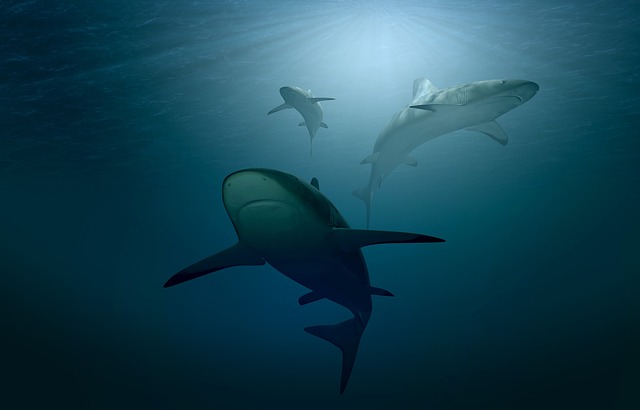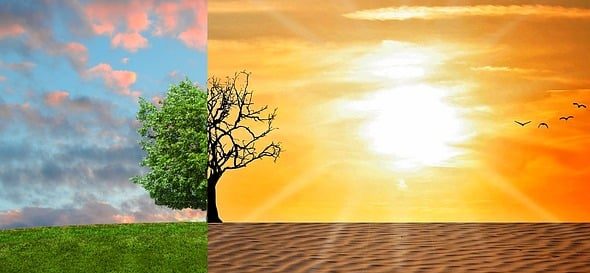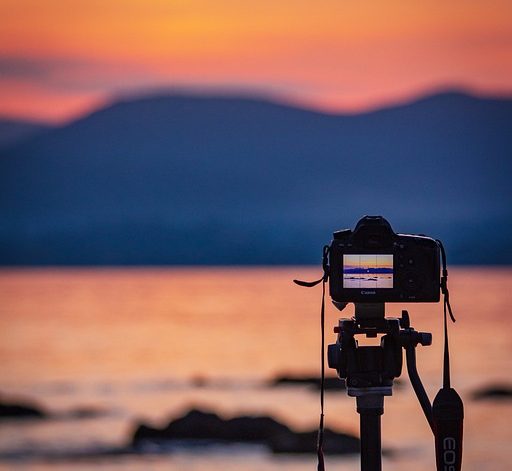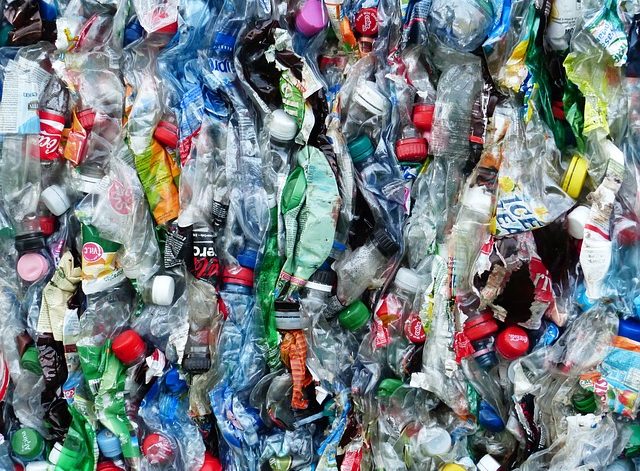Introduction: Marine Species and Harvesting
Marine species refers to those organisms- plants, animals and other microorganisms that live in seas and oceans such as eels, jellyfish, sea stars, sharks etc. Marine harvesting refers to any activity concerning extraction of organisms and resources found in seas or oceans. Collectively, the harvesting industry can be called as ‘fisheries’.
What Products Are Harvested from Oceans?
- It includes fishing for food and industries as well as coral reef extraction for structural & construction raw material. It is also used in jewelry.
- Many varieties or fish and seafood also provide various oils, as well as products that are used in cosmetics such as squalane oil obtained from sharks. Its extraction requires killing sharks which has lead to declining populations.
- Many extensive medicinal and pharmaceutical drugs are also obtained from marine life namely coral reef structures as they have been used in cardiovascular diseases, lymphoma and cancer studies as well as develop other anti-viral drugs.
- Other functional products used in research and subsequent product manufacturing for example, ‘chitosan’ is a product derived from fish gills and can be used to make adhesives and wound dressings. Even latest research has proven that chitosan can be used to make economical nanoparticle membranes.
Also check out: Environmental Impact of Extraction of Pearls (Pearl farming)
What Are The Impacts of Marine Harvesting Industry?
Exploiting ocean resources by each individual fisherman/ industry globally on a planet of 8 billion people is bound to burden the oceanic ecosystem as well as cause great imbalances in it. Some of the significant impacts of this industry are mentioned below:
- Loss of biodiversity: Naturally, as overexploitation continues, the loss of fish species is inevitable. Though fishing has rarely caused events of species extinction yet, overfishing large fish affects the food web of the ocean negatively which in turn affects us (You might also want to check out: Overfishing and Fish Stock Depletion – Causes, Effects, Solutions). With the pressing conditions of the world climate, other factors aggravate the already deteriorating habitat conditions for marine organisms. Ocean acidification, warming waters, rising sea levels and especially plastic pollution; have not only caused many marine species to die (such as turtles, jellyfish and starfish) but also lead to mass bleaching of coral reefs which are extremely crucial for the biodiversity of marine life.
- Degradation of Habitat and Invasive species: Degrading habitats due to over-exploitation or warming waters mean that marine organisms used to cooler temperatures will migrate and invade other species habitats which will be detrimental as they will compete for space, food and may even prove to be predatory for the local marine organisms. All these factors coupled with careless harvesting has lead to a severe imbalance in the marine population.
- Imbalance in marine food chain: Algae are microorganisms in the water that provide nourishment for other marine creatures by using photosynthesis to create food. If there are less large predatory fish in the oceanic ecosystem it will disrupt the food web cycle of the ocean and as a result there will be more smaller fish that feed of algae and consequently less primary producers and therefore, marine organisms will suffer and ultimately die. Read: What Are Phytoplankton And How They Benefit Our Environment?
- Impacts of Harmful harvesting practices: Methods of fishing such as ‘dynamite fishing’ where dynamites are placed near coral reef structures to catch fish are no doubt causing severe structural damage in the aftermath to the already endangered coral reefs (For more info: Coral Reef Destruction – Causes, Effects, and Solutions). Moreover, the practice of harvesting crabs for sea food have raised questions of ethics and unsustainability in the long run. In this case, stone crabs are caught and then tossed back after breaking off one of their claws. This is actually more harmful as research has shown that while many places have passed the law which forbids harvesting whole crabs and instead require harvesting of only the claw. It was a means of keeping the crab population at a healthy level while sustainably harvesting them at the same time, it has actually proven to be more detrimental as crabs with one claw have lower survival rates. Around 59% of crabs with one claw die contrary to just 12.8% of crabs dying with both claws intact since crabs require considerable time for regeneration and it is inevitably harder for the crab to hunt and protect itself with one claw in the meantime.
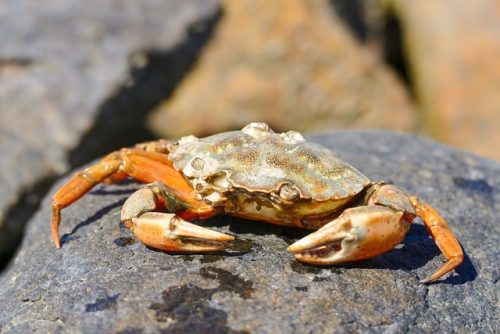
The negative impacts of marine harvesting are more than just the ones mentioned above. It is high time that we, as humans start practicing moderation in our lives and at an industrial scale to ensure sustainable consumption, development and healthy ecosystems.
Also Read: What Is Coral Gardening And Can It Help Save Coral Reefs?
We hope you liked this post! Please comment below if you have any suggestions, comments or feedbacks! We at #envpk love hearing from readers! Thanks.

